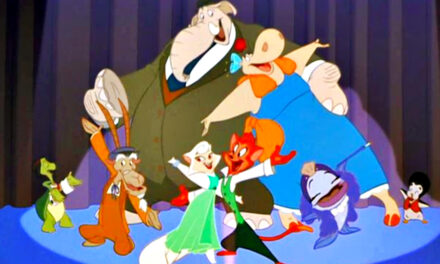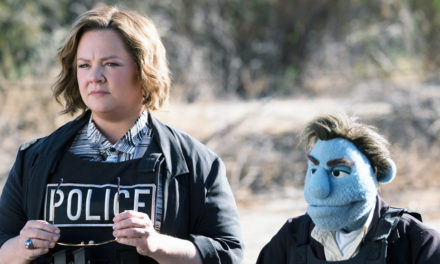
Oscar winning director Kathryn Bigelow (The Hurt Locker) is back with her latest film based on historical events, Detroit, and it’s a welcome return to form. After a five-year layoff since her last film Zero Dark Thirty, Bigelow has lost none of her directorial prowess. Her latest effort proves to be as topical as Zero Dark Thirty was at the time of its release in spite of the fact that Detroit is based on events that transpired half a century ago. Unfortunately, the events that inspired the film are all the more troubling in light of how little things seemed to have changed when one stops to think about it. With the constant news headlines blasting on a regular basis the social injustices perpetrated on minorities in the name of the law, Detroit leaves us with a sickening feeling of déjà vu if nothing else.
The film is structured in a mostly straightforward fashion and I think that was a wise choice by Bigelow and returning screenwriter, Mark Boal. There is a series of title cards in the beginning serving to enlighten the audience as to why minorities flocked to Detroit in the first half of the twentieth century. The film then depicts the reasons for the riots in July 1967 in a clear and concise way before zeroing in on a more conventional aspect of the event wherein members of the doo wop group The Dramatics were victimized by the Detroit police force along with several women they chanced to meet earlier in the evening at the Algiers hotel.
The racists in the film are personified by the character of an officer named Krauss (Will Poulter) who is convinced that he heard a shot coming from the Algiers and won’t rest until he figures out whom the perpetrator might be. Krauss, along with several like minded officers, repeatedly carry out unspeakable acts of violence in an effort to gain the info they seek. It’s this section of the film that proves to be a little problematic in that it somewhat oversimplifies things. The fact that there is no central character with whom we can relate also proves to be a bit troublesome from a storytelling standpoint although Anthony Mackie somewhat stands out as one of the singers caught in the crossfire, so to speak.
Bigelow and her returning collaborator, Barry Ackroyd (The Hurt Locker) get all the details right and the viewer feels as if they’re right in the action. As far as technical achievements go Bigelow proves once again that she certainly knows what she’s doing and can go toe to toe with the best of them. Unfortunately Detroit loses a bit of steam towards the end and goes on for at least 20 minutes longer than it should. Still, this is the kind of film that demands to be seen. Especially for anyone unfamiliar with such a shameful moment in our nation’s all too recent history.
Detroit is playing at AMC in Hickory and all around the area.
Image: Anthony Mackie in Detroit Save & Exit
Questions or comments? Write Adam at filmfan1970@hotmail.com.









